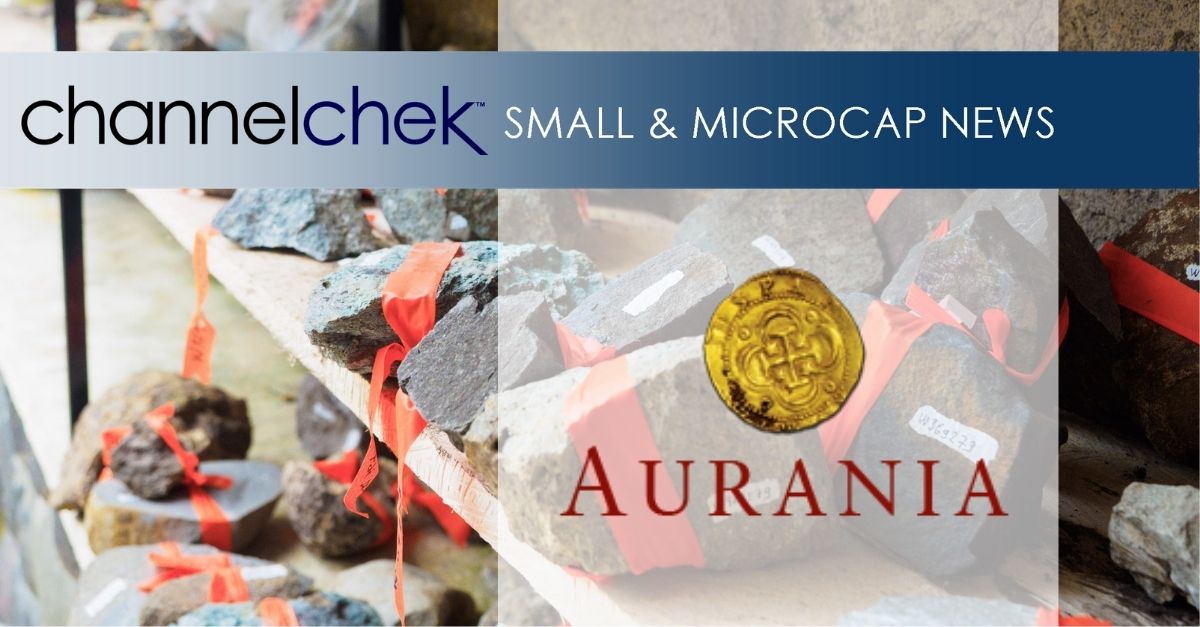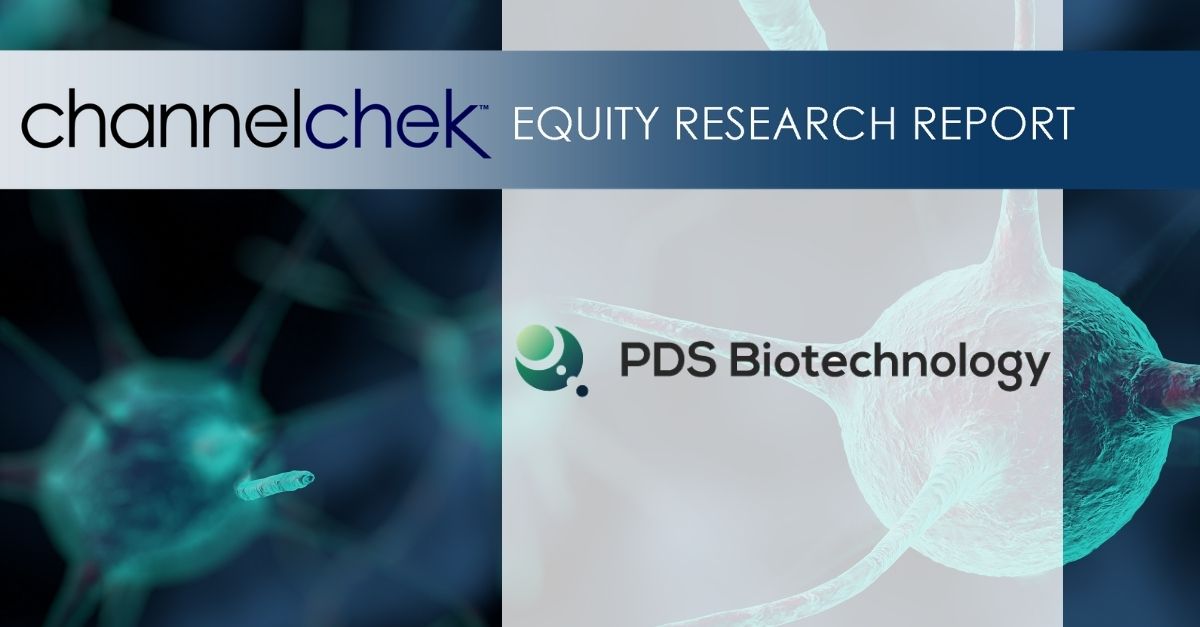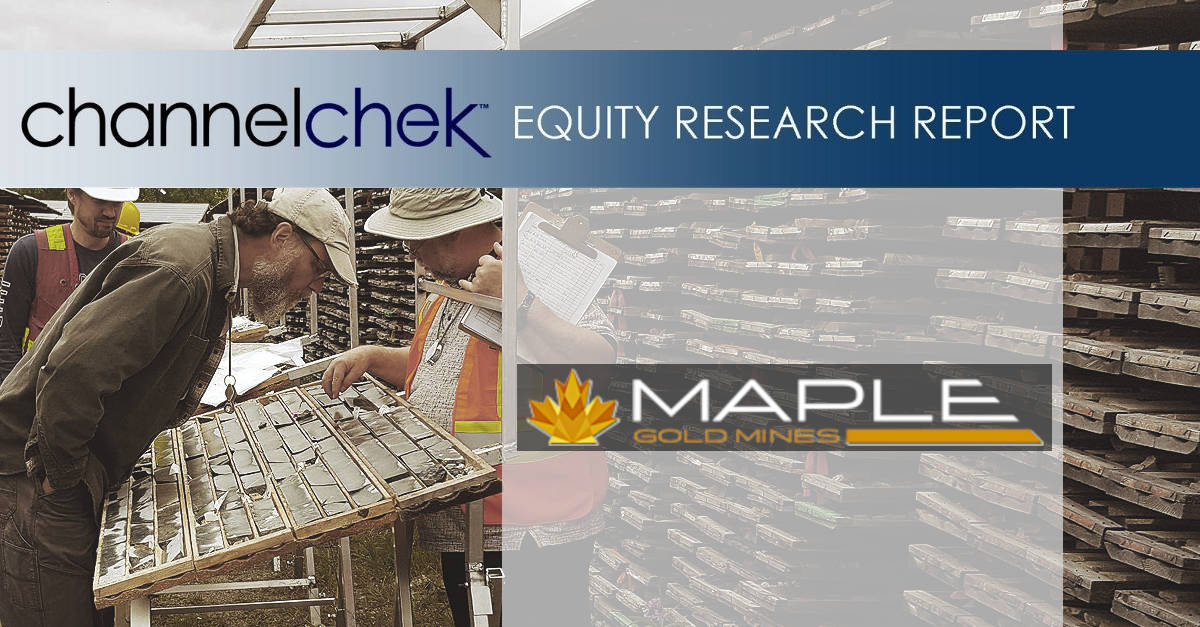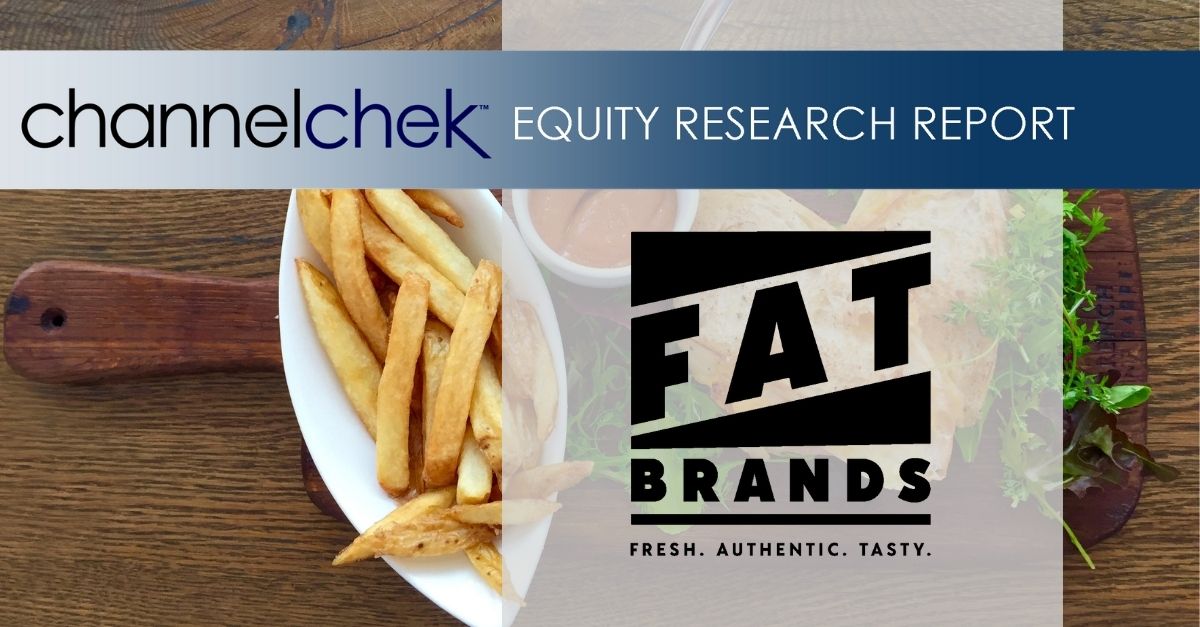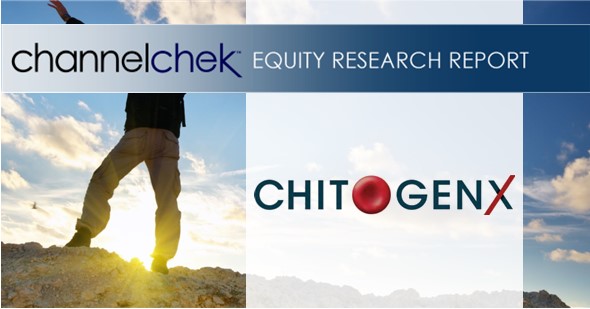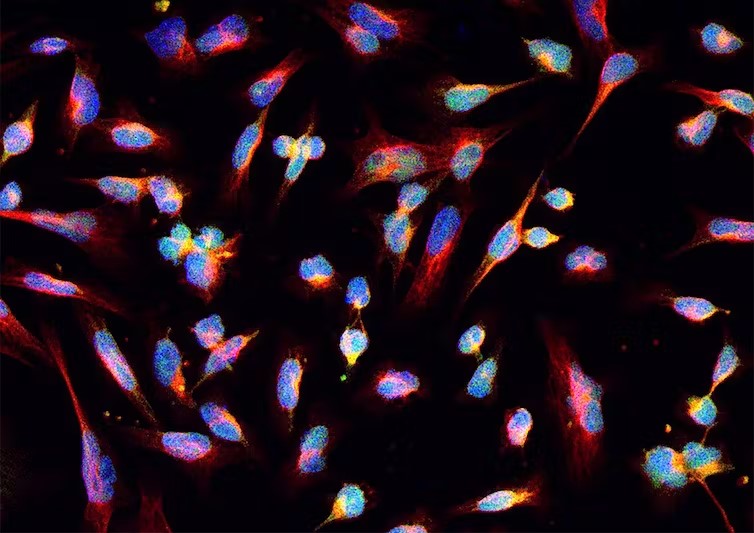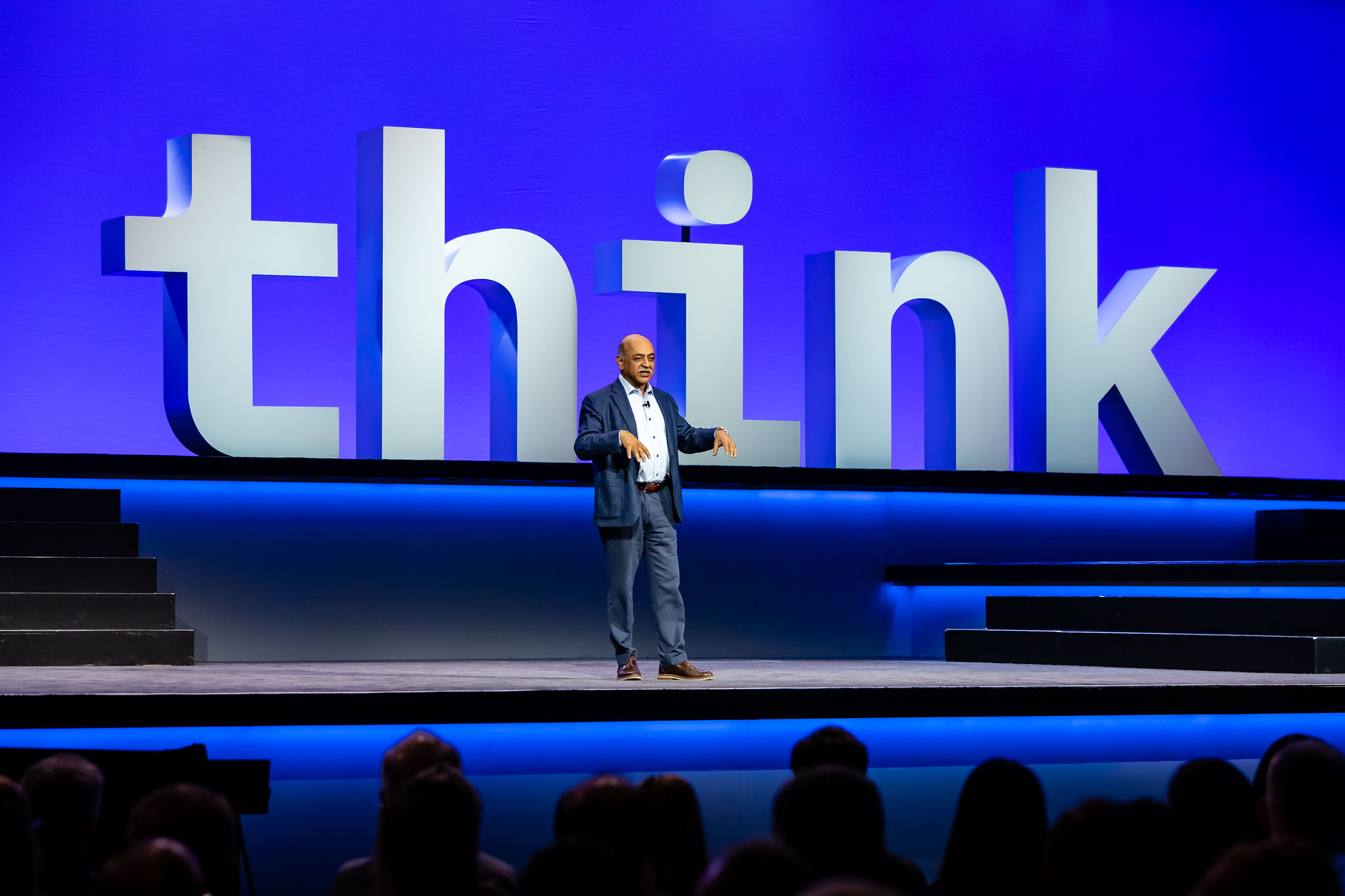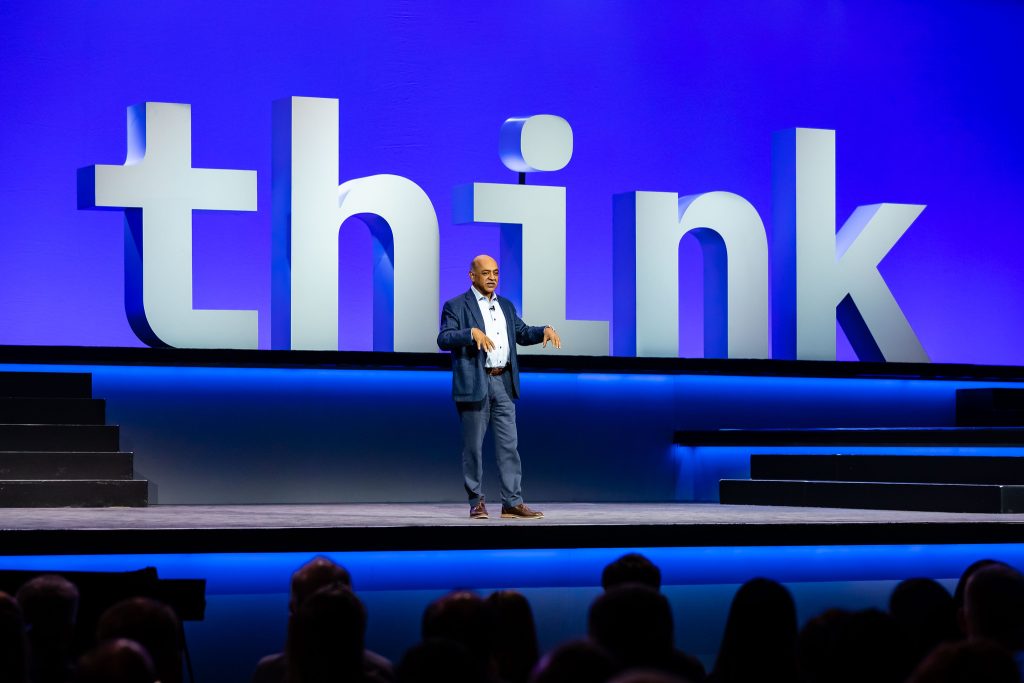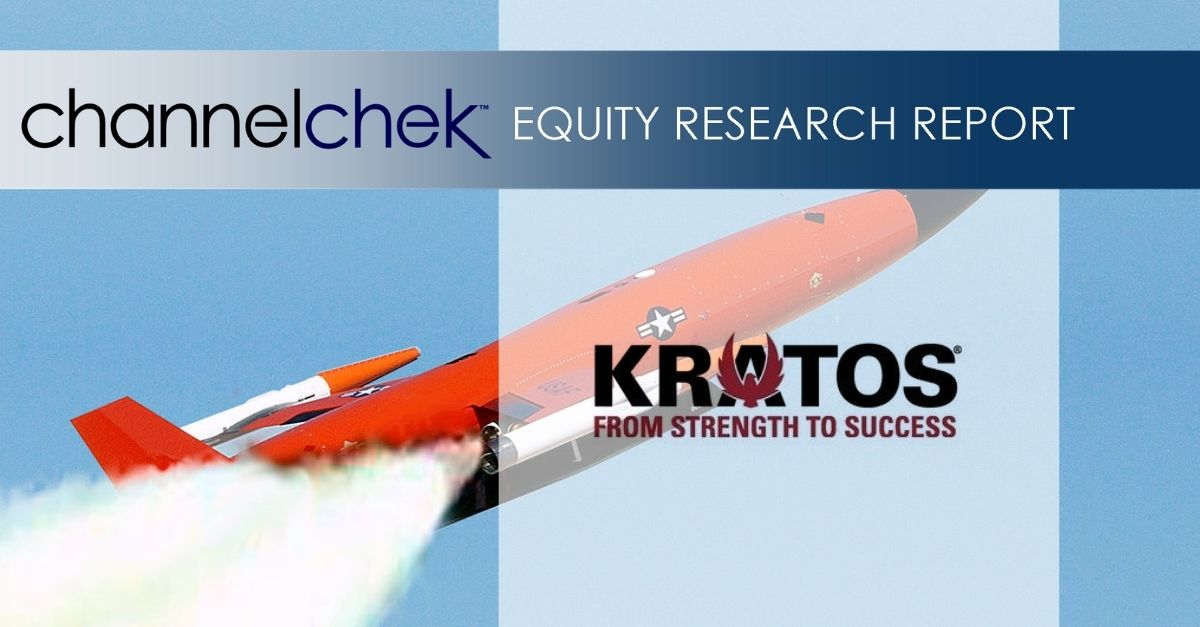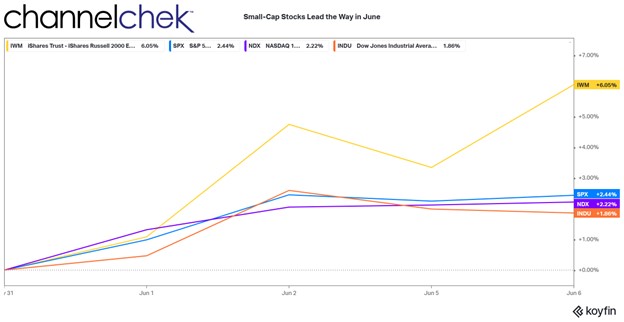Blockchain Beyond Cryptocurrency: The Potential of Distributed Ledger Technology
Does blockchain have a future beyond crypto? Since its beginning as the underlying technology for Bitcoin (BTC) and later other cryptocurrencies, blockchain has been the necessary, behind-the-scenes, engine that allow these fintech currencies to function. Dogecoin (DOGE), Ethereum (ETH), and even the 18 G20 countries developing a central bank digital currency (CBDC) need blockchain to exist.
But what non-finance industries are being impacted or will be disrupted by blockchain? It is not with exaggeration to say blockchain has the power to revolutionize various industries and redefine everyday transactions, manage data, and establish trust. Long-term investing requires knowledge of current trends and where the future may take them. Below we explore many of the possibilities of blockchain aside from cryptocurrency and delve into its promising future.
What is Blockchain?
At its core, blockchain is a decentralized (no single control) and immutable (unable to be changed) ledger that records activity across multiple computers. This distributed character replaces the need for institutional intermediaries to ensure transparency, security, and efficiency. A person or an entity can function, even across borders directly, without the need for a middleman. Verification of activity is recorded and remains a part of a blockchain ledger.
Uses beyond cryptocurrency, or the speculative investment that crypto and non-fungible tokens (NFT) have become, include health care, finance, voting, real estate titles, and smart communities.
Health Care
The HIPAA Privacy Rule sets national standards to protect individuals’ medical records and other identifiable health information. It applies to health plans, healthcare clearinghouses, and healthcare providers that conduct certain medical transactions electronically. The purpose is to keep data ownership from improperly being passed and to maintain privacy in the industry. Current centralized systems are not able to meet the many needs of patients, health service providers, insurance companies, and governmental agencies. Blockchain technology enables a decentralized system for access control of medical records where all stakeholders’ interests are protected.
Blockchain systems not only allow healthcare service providers to securely share patients’ medical records but patients may also track who has accessed their records and determine who is authorized to do so. If blockchain-driven, all transactions can become transparent to the patient.
And blockchain-powered interoperability can enable the seamless sharing of medical data between healthcare organizations, improving patient care, research, and drug development.
Supply Chain Management
Complex global supply chains involve numerous stakeholders, some sending, others receiving, and others verifying the source of food or products. Verifying the authenticity and improving traceability of products can be a challenging task. Blockchain’s ability to create an immutable record of every transaction and movement along the supply chain enables transparency and accountability. A company will be able to securely track the origin, manufacturing process, and movement of goods. Consumers can be equipped with verified information, among other benefits, this will increase trust and reduce the risk of receiving counterfeit products.
Storing information regarding movement on a blockchain improves integrity, accountability and traceability. For example, IBM’s Food Trust uses a blockchain system to track food items from the field to retailers. The participants in the food supply chain record transactions in the shared blockchain, which simplifies keeping track.
Entertainment Products
As technology has allowed greater reproduction and distribution, including music and art, blockchain may provide creators with more control over their work. The whole entertainment industry may undergo a significant transformation with blockchain technology. Artists can tokenize their efforts, creating a digital certificate of ownership that can be bought, sold, and shared on blockchain platforms. This will enable artists to have tight control over their intellectual property, receive fair compensation, and even establish a direct connection with their followers. Beyond ownership infringement, blockchain can facilitate transparent royalty distribution, this could ensure that artists receive their rightful earnings without an intermediary and the cost that comes with anyone getting in the middle of a transaction.
The Energy Sector
Blockchain is likely to play a transformative role in all forms of energy. As renewable energy sources continue their trend, blockchain can enable peer-to-peer energy trading. Individuals and organizations will be able to directly exchange surplus energy with those expecting an energy deficit. This could create a decentralized energy market.
Smart contracts executed on the blockchain can automatically verify and settle transactions, ensuring transparency. This democratization of energy, if broadly implemented, could accelerate the adoption of sustainable practices, provide energy where needed, and reduce waste.
Governments
While the government is often the intermediary that the blockchain makes less needed or unneeded, recognizing the potential of blockchain to enhance transparency and efficiency in public services may become its greatest use. Land registries, taxation, voting systems, and identity certainty can all be improved through blockchain’s tracking and tamper-resistant design. Immutable records of land ownership can reduce disputes and increase trust in property transactions. Digital identities stored on a blockchain can streamline processes such as passport verification and border control, making them more secure and efficient. Blockchain-based voting systems have the potential to eliminate voter fraud, ensuring fair and transparent elections.
Potential
Much of what is described above has either barely been implemented or has not been put to use. This is a period in any technological advancement when most long-term investors would like to be involved. Efficiencies and improved products are poised to help the industries mentioned, and pure blockchain companies, large and small, can benefit from developing uses for their technology.
Despite its potential, blockchain technology still faces challenges. Scalability, energy consumption, and regulatory frameworks require further development and refinement. However, ongoing research and collaborations among businesses, academia, industry, and policymakers are actively finding avenues around these concerns, driving the maturation of blockchain technology.
Take Away
Blockchain is still in its infancy, and industries are just becoming aware of its power to help them. As the paradigm shifts, it could become a technology businesses could not imagine doing without. Blockchain’s decentralized, transparent, and secure nature makes it a powerful tool for revolutionizing healthcare, supply chain management, entertainment, governing, and energy sectors. As the technology evolves, we can expect innovative use and widespread adoption of blockchain that serves to elevate trust, efficiency, and transparency. And maybe the now-developed cryptocurrencies will survive within these changes.
Paul Hoffman
Managing Editor, Channelchek
Sources
https://www.investopedia.com/tech/forget-bitcoin-blockchain-future/
https://www.hhs.gov/hipaa/for-professionals/privacy/index.html
https://www.ibm.com/products/supply-chain-intelligence-suite/food-trust
https://www.investopedia.com/10-biggest-blockchain-companies-5213784

